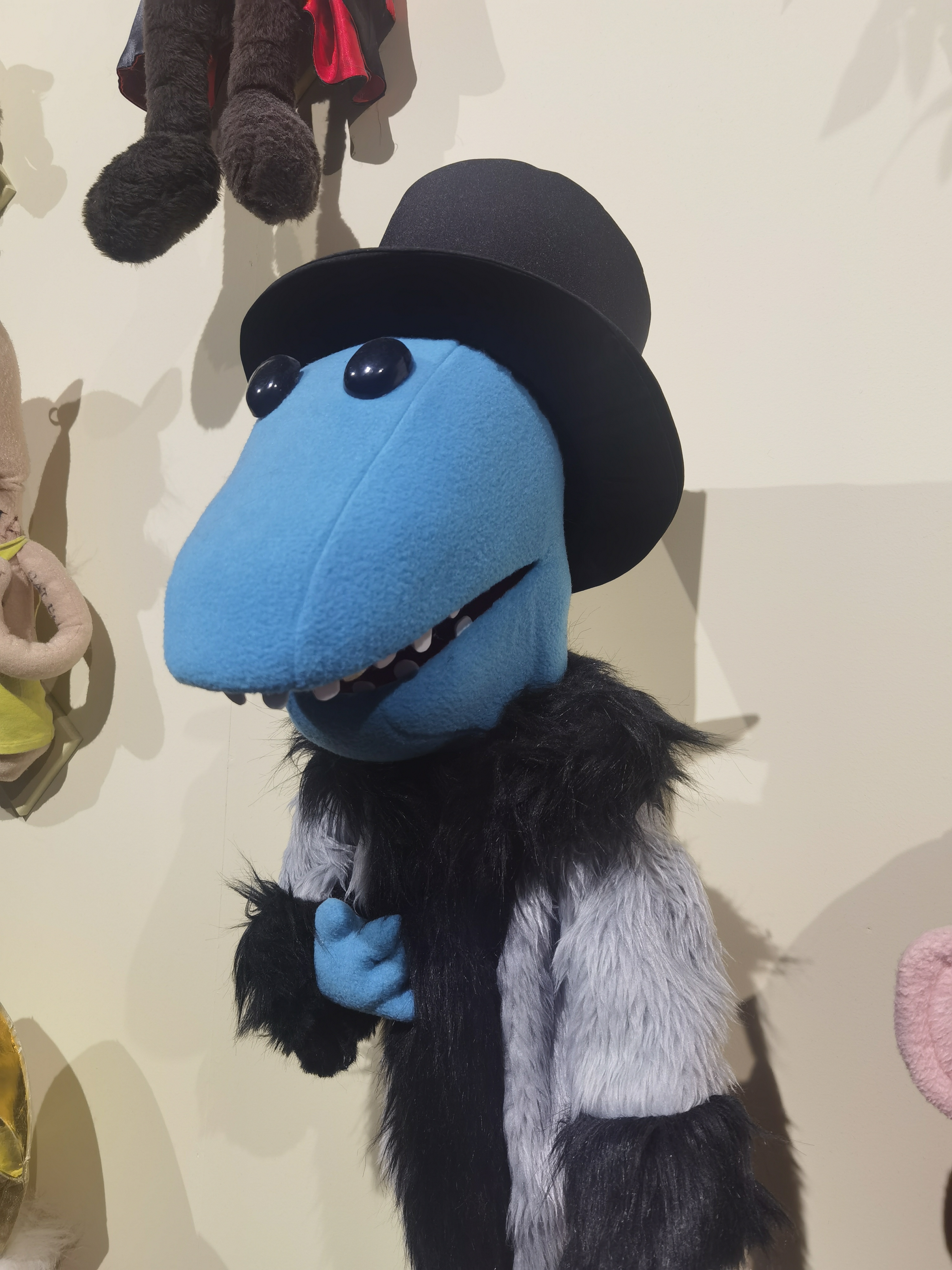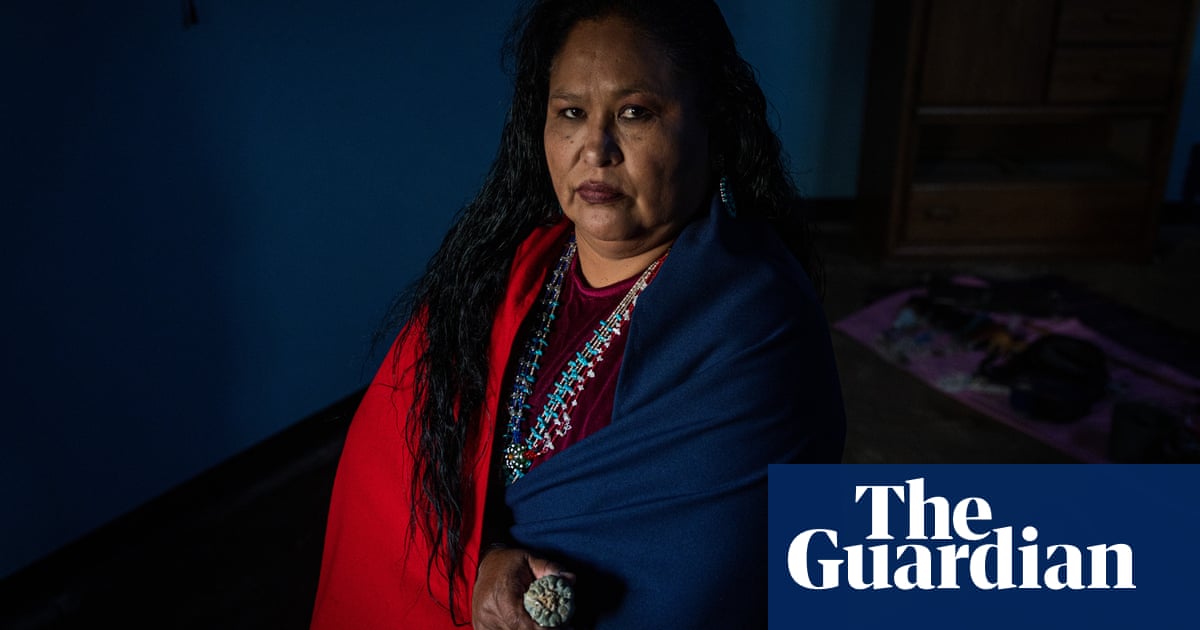On the first day of autumn, evening temperatures near Window Rock, Arizona, were brisk. Beneath the late September sky, a traditional round hogan in this remote corner of the Navajo Nation was enveloped in darkness. Ten tribal members gathered inside.
After a dinner of mutton and fry bread, the group settled in a circle around a wood stove radiating with burning juniper, preparing to ingest what the Diné (Navajo) call azeé – the medicine.
Most people know azeé as peyote: a small, button-like cactus famed for its powerful psychoactive and healing properties. The cactus is extremely rare in the United States – it grows wild in only one part of Texas – and has been integral to traditional Indigenous American practices for thousands of years.
The goal of this ceremony was to guide Diné college students on their spiritual path. One young man struggling with alcohol abuse was especially in need of the medicine.
“When this is over, you will feel like a washrag with all the gunk wrung out of it,” the man’s grandmother told him.
Tonight, the ritual would be no different from what it was a century ago. There would be peyote songs and drumming. Margie Whitney-Silva, a certified spiritual leader known as a roadman, would supply the peyote in the form of a tea brewed from the cactus, carried in a large pickle jar. Eagle-feather fans and gourd rattles would be used as the jar was passed around.
During the 19th and first half of the 20th centuries, Indigenous Americans risked being thrown in jail for participating in such ceremonies because peyote was illegal under US law. Today, it is just the opposite. Peyote and mescaline – the hallucinogenic substance found inside the cactus – have become a darling of the psychedelic renaissance.
Peyote, mescaline and other hallucinogenics such as LSD, MDMA, ayahuasca and magic mushrooms are being touted for their capacity to revolutionise the treatment of PTSD, addiction and other health problems. In recent years, progressive politicians, doctors, community groups and Silicon Valley investors alike have thrown their weight behind decriminalization bills in dozens of US states and cities.
Their goal to spread the benefits of psychedelics may be well-intentioned, but for Indigenous Americans, the boom has a dark side that rarely comes up in venture capital pitches. Many Diné tribal members are describing this moment as a “peyote crisis” that threatens to appropriate and commodify their sacred way of life.




yes